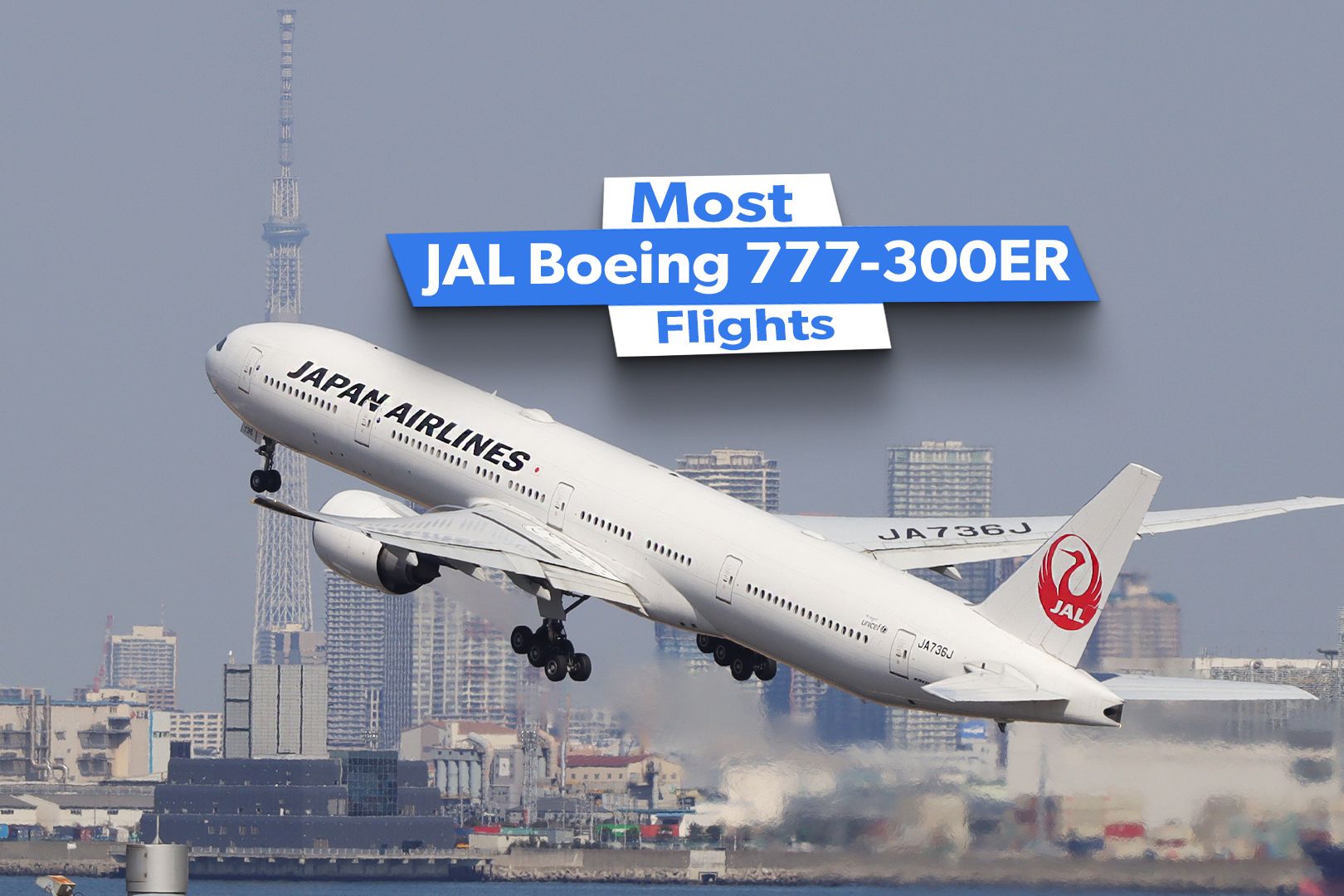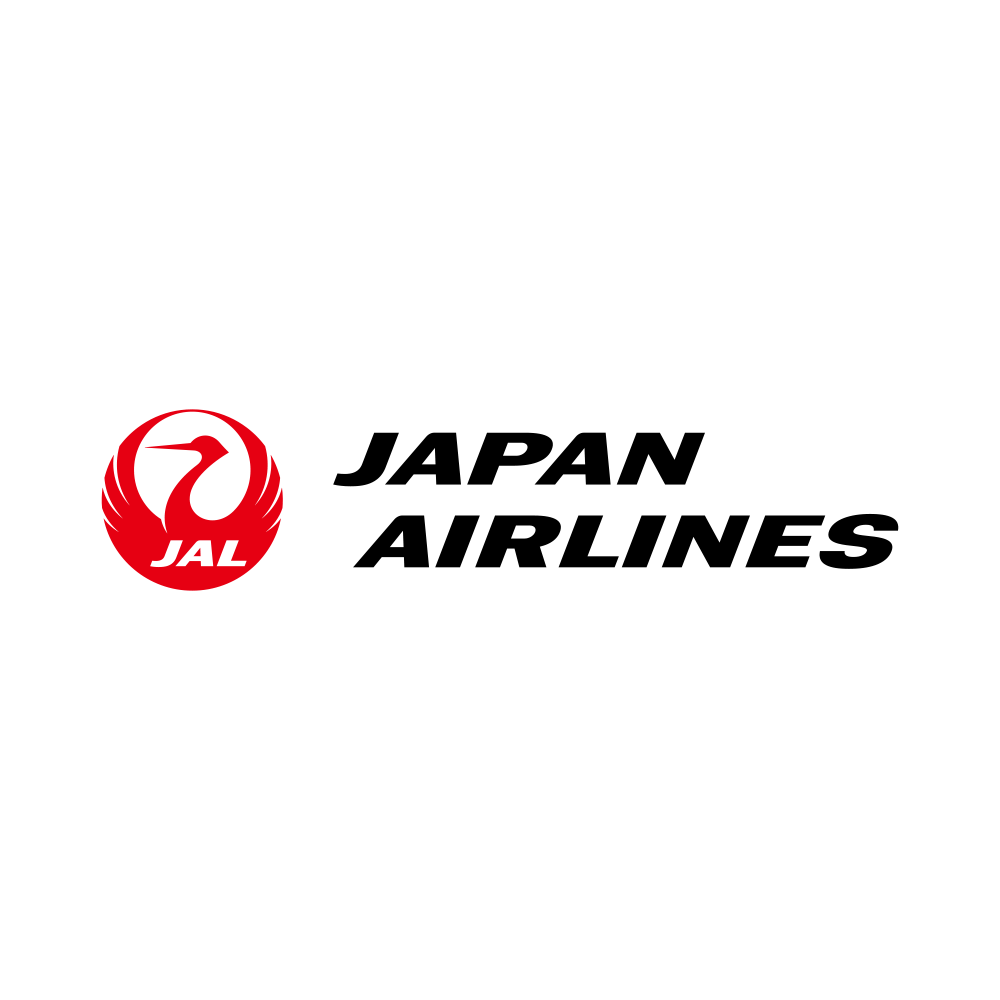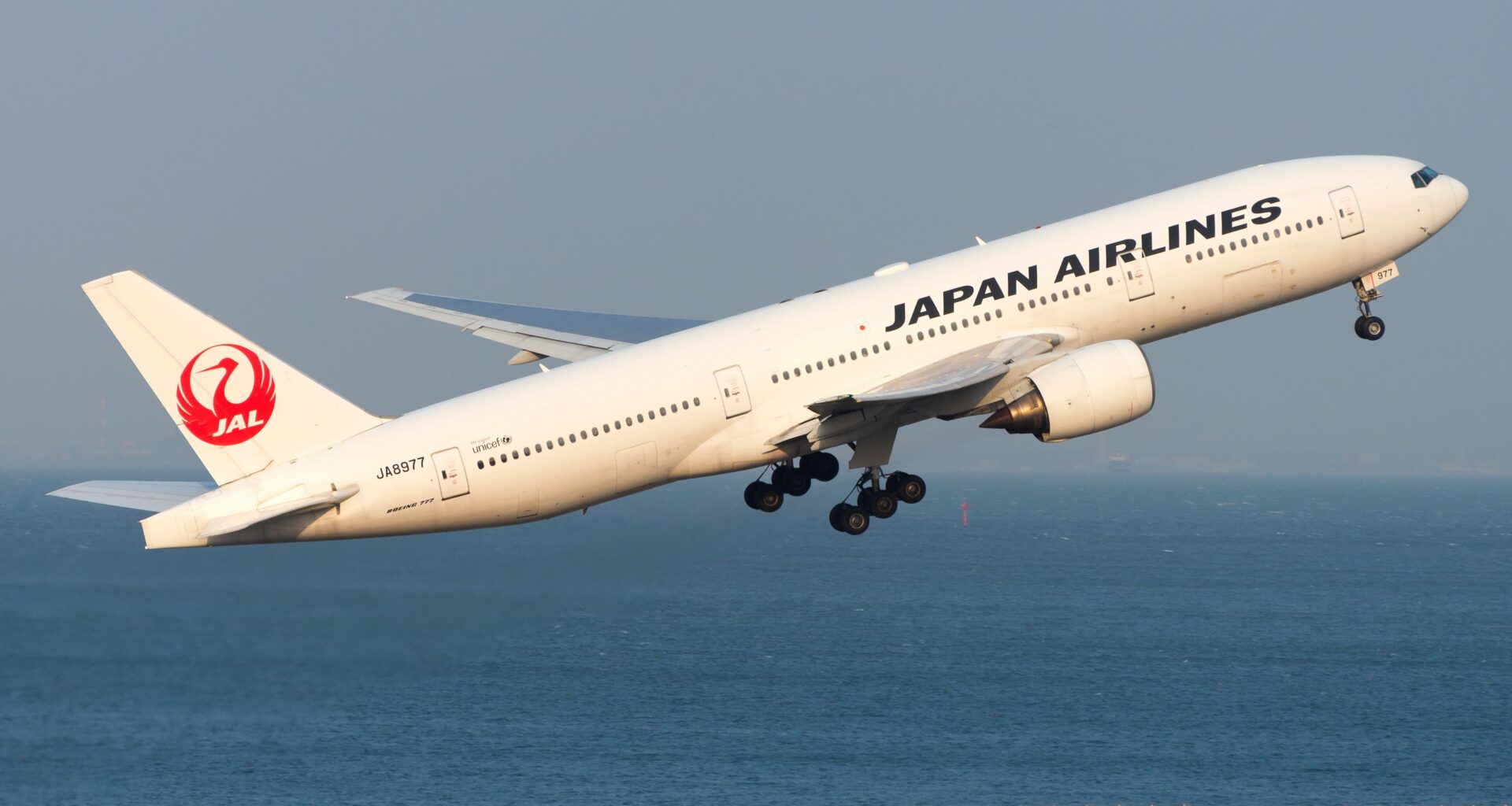Japan Airlines is deploying new technology at its  Tokyo Haneda Airport hub. The carrier, among the largest in Japan, is aiming to improve the operational efficiency of its ground operations through the use of a new program called HALO. The new technology is provided by Moonware, an American company that implements artifical intelligence into ground traffic systems.
Tokyo Haneda Airport hub. The carrier, among the largest in Japan, is aiming to improve the operational efficiency of its ground operations through the use of a new program called HALO. The new technology is provided by Moonware, an American company that implements artifical intelligence into ground traffic systems.
The new addition to its technological infrastructure could support Japan Airlines as it works to both expand and modernize its fleet and aircraft operations. Though the carrier operates many aging aircraft, it also has orders for several next-generation jets to improve efficiency and the passenger experience.
Moonware Will Modernize Ground Operations At Haneda
Japan Airlines and JAL Ground Services will test Moonware’s ground control system, HALO, to better manage operations at one of the world’s busiest airports. According to Moonware, Japan Airlines’ use of HALO will focus on improving resource management and coordination for below-the-wing functions. Advancements in these functions could potentially lower costs for the airline and might improve reliability.
HALO offers efficiency gains by coordinating several elements of airline ground operations and consolidating them in a centralized system. This system is modern and dynamic, accounting for changes in dispatching while maintaining end-to-end visibility and live status updates. In short, HALO will help Japan Airlines modernize and streamline its ground operations.
In a press release, Chief Executive Officer of Moonware Javier Vidal expressed optimism over the deal with Japan Airlines, indicating it could improve decision making on the ground. He stated:
“Tokyo International Airport (HND) is one of the most dynamic and demanding airport environments in the world. Working alongside JAL and JGS to bring HALO into this setting represents a significant step in advancing how real-time decisions are made on the ground.”
HALO Promises To Innovate In Ground Operations
HALO is able to work with a dynamic schedule, something critical for an operational landscape like the airline industry. Though a safe form of transportation, airline operations can change very quickly based on a variety of factors. HALO’s dynamic task allocation makes it easier for teams to coordinate with other functional groups in response to changes.
Additionally, tasks will only be assigned to employees certified to complete them. This ensures that work will be done safely and to proper standards. Photos can be uploaded upon completion of various tasks, allowing for strong operational record keeping. These features could help a variety of airlines, but could be especially helpful for a carrier like Japan Airlines at its busiest hub.
The proactive problem-solving and improved coordination HALO offers might bring significant improvements to Japan Airlines. For any carrier, delays and disruptions can be costly challenges for airlines. Anything that helps reduce delays and maintain an on-time schedule is positioned to help airlines save money and improve margins.

Related
The 15 Routes Where Japan Airlines Will Still Fly Its Boeing 777-300ERs The Most
A gateway for long-haul connections relies on carefully chosen aircraft that balance capacity, range, and passenger preferences.
More Modernization Is Coming To Japan Airlines
While HALO will help modernize Japan Airlines’ ground operations, the carrier has taken steps to renew its fleet through ordering new, next-generation aircraft. More modern airliners like the Airbus A350 and Boeing 737 MAX offer better fuel efficiency compared to their predecessors. Additionally, quieter engines and improved cabin designs contribute to an improved customer experience.
Japan Airlines now has a total of 38 Boeing 737 MAX 8s on order. These aircraft will replace the carrier’s aging Boeing 737-800 jets, which primarily operate short-haul routes throughout Japan, and to select international destinations in China and Taiwan. The narrowbody Boeing jet is an important part of Japan Airlines’ fleet, given the healthy size of Japan’s short-haul markets.

Year Founded
1951
CEO
Yuji Akasaka
Through fleet renewal and ground operations investments, Japan Airlines seems committed to modernizing its business for greater efficiency and profitability. The airline’s deal with Moonware demonstrates the importance of leveraging new technologies to address business challenges.



